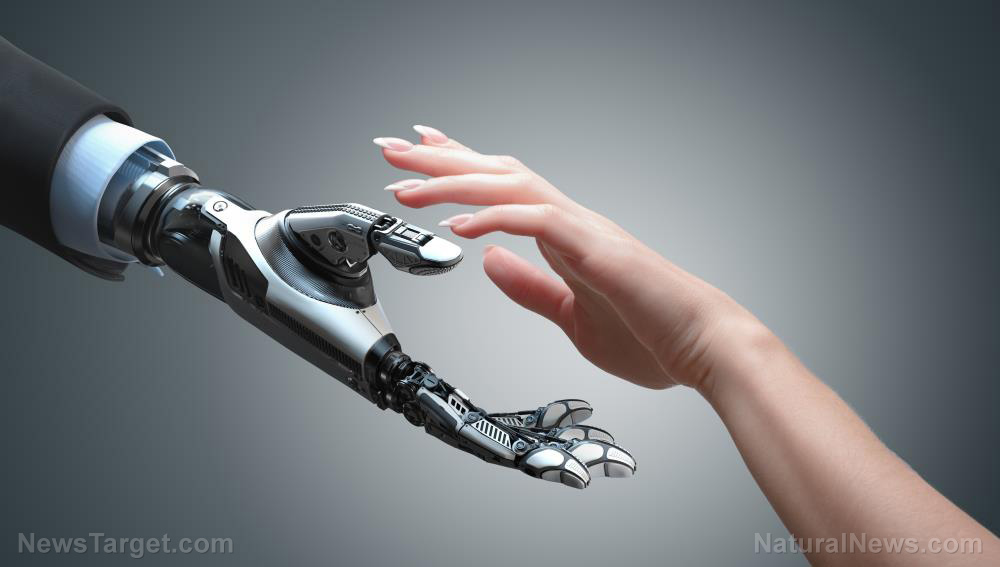
German researchers are developing robotic replacements for human medical therapists. The socially assistive robots (SARs) will be placed in charge of physical rehabilitation of human patients who are recovering from serious illnesses, an article in Science Daily stated.
The generally improving state of medical know-how will enable more patients to survive strokes and other serious diseases. However, these survivors will often be unable to resume their previous level of physical functioning, at least not immediately.
In order to recover at least some of that lost physical ability and independence, the patients will need medical rehabilitation. Hospitals must therefore come up with strategies to efficiently handle the increasing numbers of patients who will need assistance and physical therapy.
The researchers believe that a specialized form of social robot can help fill the need for more medical therapists. Early models of SARs are already being used as assistants for patients who have recovered from strokes. However, many humans find it difficult to put their trust in a machine, even when their lives rely on it. Researchers from the University of Freiburg (UF) and the Freiburg University Medical Center (FUMC) are looking for ways to improve the relationship between human patients and their social robot minders. (Related: Robot strawberry pickers better than humans?)
Social robots may one day take over medical rehabilitation for human patients
FUMC researcher Philipp Kellmeyer and his UF counterpart Oliver Müller examined ways of getting humans to trust and rely on social robots for medical therapy. They came up with modifications to the SARs so that the medical robots could be considered important and reliable assistants for rehabilitation.
The two German researchers stated that SARs did not just call for technological advances. The robots also need to socialize with humans so that the latter can learn to accept assistance from the former.
Patients who are undergoing rehabilitation are heavily reliant on good working relationships with their therapists. If they are not cooperative, they cannot get the most out of their workout therapy. They can even get injured or ill again.
In order to earn the trust of humans, a socially assistive robot has to behave in a very predictable manner. Robots and patients must also have the same goals during the entire therapy period.
Kellmeyer and Müller noted that the growing intelligence and autonomy of robots may either help or hinder the development of a healthy working relationship between them and human partners. On one hand, robots might eventually become smart enough to recognize the behavioral cues of humans. On the other hand, their increasing independence could lead them to make mistakes that their human equivalent would have caught in time.
Future socially assistive robots will be able to recognize the needs of their patients
When designing and developing socially assistive robots, engineers and programmers must remember to incorporate philosophy and developmental psychology into the machines. Their creations must be able to recognize the objective of the patient, which is to complete the physical therapy.
Future social robots must also be able to grasp the patient's reason for going through medical rehabilitation. If a SAR unit cannot identify the goal or the desire of the patient, the rehabilitation effort will come to naught. And each patient has his or her own unique needs and feelings.
To this end, Kellmeyer and Müller believed that any socially assistive robot should be able to adjust itself to the requirements and weaknesses of a patient. They believe patients will be encouraged to put more effort into their rehabilitation therapy if they feel they can rely on their therapist, be it human or robot.
Learn more about the human jobs that robots will eventually take over at Robots.news.
Sources include:
Please contact us for more information.




















